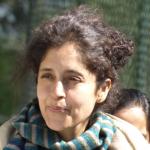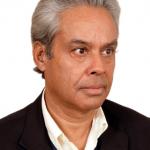Textbooks in Transition
The public discourse on school education in India is dominated by debates around textbooks. Here too, we find anxieties around history textbooks overriding other concerns. Perhaps it is natural; textbooks seem to be the only tangible object in the scheme of school education which can be analyzed or debated. The attitudes of teachers, children, parents, or the community are thought to be of importance but not as crucial as the textbooks themselves. Textbooks are considered the bearers of officially validated knowledge.












